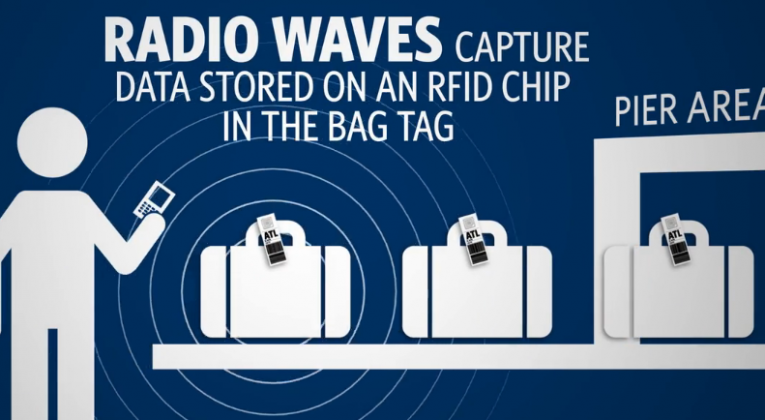For those of you flying Delta (and those who still check luggage), your bags will soon be a smidge more likely to get to your destination when they’re supposed to be there. By sometime in the second half of the year, all bags will be tagged with RFID chips, allowing both you and the airline to know where your bags are at any time. That certainly beats the current “scan-in, scan-out” system which has little way of actually telling you where your bag is when you show up at the carousel.

The Best Gets Better

Say what you will about its increasingly stingy frequent flyer program, but there’s no question that Delta is the best in the industry when it comes to operations. It’s not even close, with Delta at or near the top of virtually every metric that the DOT measures. So it’s nice to see that the airline is investing that much more in operations (or, as Engadget phrased it, “an honorable attempt to make air travel slightly less terrible.”).
Delta already has only two mishandled bags per thousand, so the 99.9% success rate that it claims RFID provides is really only an improvement of one bag per thousand. The new system, however, is more about improvement at some of the chokepoints. For example, the systems will automatically catch a bag put on the wrong airplane by flashing a green light when it loads. Likewise, if a passenger misconnects, the ground agent will be able to reroute bags more efficiently. And along the way, passengers will know where their bags are.

The system is a big money-saver for Delta, as well. True, it costs $50 million to implement, but mishandled bags are a significant expense for the airline. If a bag is lost, Delta will eventually need to deliver the bag and possibly pay compensation as well, not to mention angering a customer. RFID chips also mean that fewer people are involved in the process, leading to higher accuracy and lower labor costs. The project will end up paying for itself several times over.
The Bottom Line
So many pieces of our infrastructure are decades old that we are surprised when anyone invests money to make it better, but RFID tags should be a win for both passengers and the company.
Of course, Delta has tried this before, as indicated by an article that I found earlier today:

But this time, it looks like the project will end up being completed.





